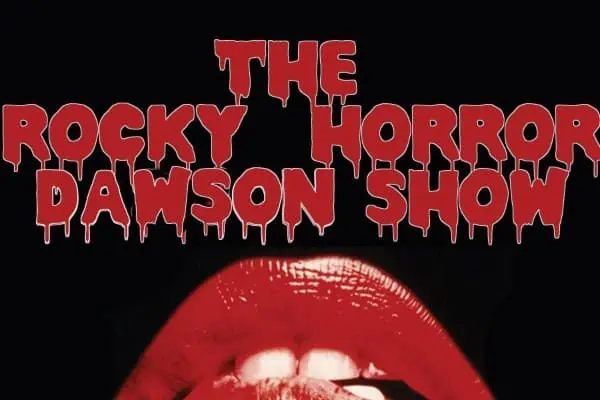My van died the day that I learned that Elliott Smith had put a knife through his chest. “Maybe it’s time to lighten up,” I mused.
Some songwriters of that generation, and those who came slightly before, couldn’t muster the wherewithal to cope with the slings and arrows of life. Is there a genre for the likes of Jeff Buckley, Nick Drake, Kurt Cobain, and Elliott Smith? Those who doth protest too much? This ilk dominated my collection of cassettes and CDs at the time, which were central mediums, not retro-novelties.
The album with which I was most familiar by Elliott Smith at the time of his death is a masterpiece called XO. To say it possesses a haunting quality would be an understatement. It was released in 1998 and is marked by delicate beauty and moments of diamond-pure pop brilliance. Melodic gems like “Sweet Adeline” aren’t as simple as they seem.
The chord changes and metaphors come fast and furious on XO, but they’re in perfect balance in many ways — like the Beatles at full flight. Smith references the fab four directly in the “Baby Britain” lyric: “Revolver’s been turned over”, and its guitar riff is an obvious nod to Sgt. Pepper’s “Getter Better”.
XO swells up into triumphant rock, like “Bottle Up and Explode”, and waxes somnolence on ballads like “Oh Well Okay”. I don’t claim to understand the nuance of every lyric. Some might even be a touch too clever or opaque. But there are others I’ve never been able to shake, like these from “Pitseleh”: “Say that God makes problems / Just to see what you can stand / Before you do as the devil pleases / Give up the thing you love.”
Smith´s anti-social depression has been well documented, and I can attest to his uneasiness in the spotlight in some small way. I saw the XO tour at a small club in London, Ontario. After the band’s deft, somewhat short, but immaculate set, there was a chance to mingle with Smith. These were the early days of indie rock, when there was supposed to be little to no line between performer and audience. After the show well-wishers lined up, including my band mate and I. I could see the look of consternation on Smith’s face as he grimaced, perhaps glad for the enthusiasms of his fans, but clearly distracted by deeper depressive conflicts — perhaps the desire for vodka on ice to calm the nerves, or maybe the thought, “If fans really understood the songs, they’d leave me the frig alone”. We left the line up and went home to listen to the record.
In “Bottle Up and Explode”, Smith refers to being “in for a round of overexposure”. Maybe the accolades that later accompanied his Grammy Award nomination and performance drove him over the edge by 2003. But surely his over-sensitivity, that of the aesthete, also underpinned his genius, and endeared a legion of the sad and black-clad to him.
Is there such a thing as too much perspective? The question must be asked of Smith and his introspection. It reminds me of the Captain Beefheart lyric, “Someone’s had too much to think”. I used to embrace a theory whereby channeling negative emotions into song and art creates release and healing. For some this is true.
Regardless of whether this was true for Smith, he was unrelenting, and with his superior gift of song craft, he wrote classic after classic. XO sees him at the height of his powers. The swells and surges of “Every Body Cares Everybody Understands” make the end of side two worth waiting for. Its piano flourishes and feather-to-anvil arrangement dynamics provide moments that truly inspire.
This record not only benefits from the indie credo of artist-driven creative control, but also from the pristine production help of Rob Schnapt, who has also worked with Beck and Guided By Voices. By this point in their careers, Schnapt and Smith had learned lessons from their collective fits-and-starts and trials-and-errors. During the days when big record companies dominated musical production this was called “A and R”, whereby artists matured as they were coupled with more seasoned arrangers and producers.
These days, anyone with a laptop and a microphone can make a record. But just because everyone can, doesn’t mean everyone should. Several more records from Smith would have kept the bar high for everyone.
Rest well Elliott; purchase these tracks earthlings.




